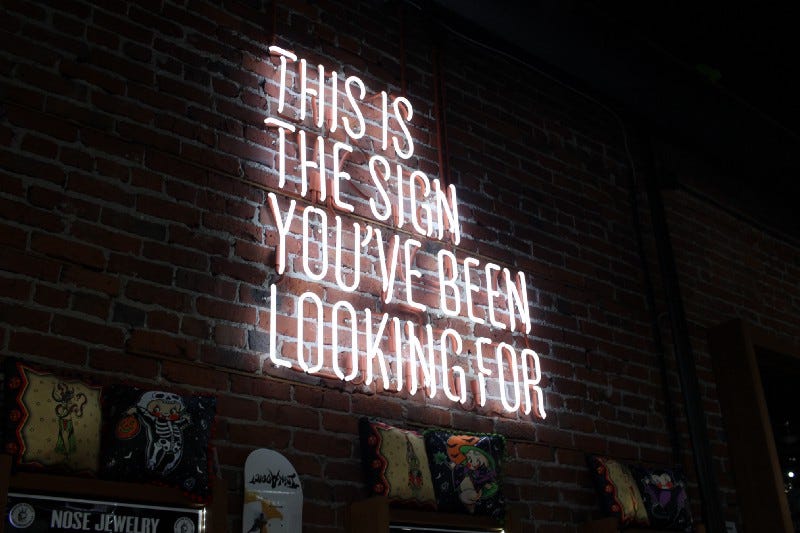In Defence of Purpose: Why Be Happy When You Can Just Be Miserable?
First things first, I apologise for the incendiary title: it’s deliberate (perhaps unsurprisingly).
First things first, I apologise for the incendiary title: it’s deliberate (perhaps unsurprisingly).
Sure, I’m more interested in discussion than clickbait — but it’s a good place to start.
The importance of purpose is widely documented.
The importance of happiness? Less so — and for good reason.
What purpose and happiness have in common: both are subjective…
Keep reading with a 7-day free trial
Subscribe to Adventures of a Spiritual Warrior to keep reading this post and get 7 days of free access to the full post archives.



